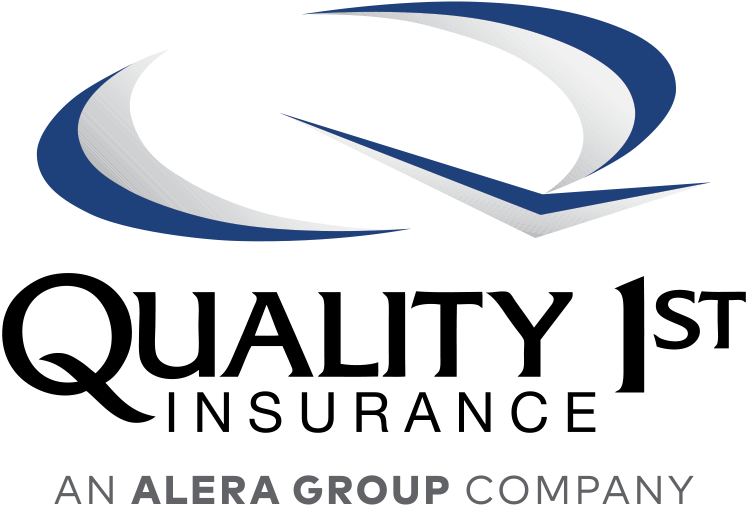Navigating the world of auto insurance can feel like a maze. But what if we told you there was a way to find the golden path to savings? Regularly re-evaluating your coverage based on various variables might just be the key to unlocking the treasure of affordable auto insurance.
Below, we’ll discuss various factors that influence your auto insurance rates and why re-evaluating your policy should be on your to-do list.
Driving Record
Insurance companies assess the risk of insuring you based on your driving history. A clean record with no accidents or tickets often results in a lower premium.
Conversely, a history of accidents or violations can cause your rates to skyrocket. Regularly evaluating your policy, especially after a period of safe driving, can result in substantial savings.
Age
Age plays a dual role in insurance rates. New, young drivers often face higher rates due to their inexperience. But as they age and gain more driving experience, their rates generally decrease.
On the flip side, elderly drivers might see a rate increase due to the heightened risks associated with aging. It’s essential to see how your age and driving experience might positively or negatively affect your rates.
The Number of Drivers
Your rates might have risen if you recently added a teenager or another family member. However, mature drivers with a good record could lower the overall cost. Regularly update your insurance agency about the drivers in your household.
Location
Your ZIP code isn’t just for mail—it impacts your insurance rates too. Areas with higher crime rates, especially auto theft, can lead to higher premiums. On the other hand, if you’ve moved to a quieter, safer area, you could qualify for auto insurance discounts.
Your Vehicle’s Age
Newer, more expensive cars usually cost more to insure because the cost of repairs or replacement is higher. But as your vehicle ages, its value decreases, potentially leading to lower insurance rates. Older vehicles, especially those fully paid off, can often carry lower premiums, especially when you opt for liability-only coverage.
When to Re-evaluate Your Auto Insurance
Besides considering the above ‘why’ factors, you should also understand the ‘when’ aspect of reviewing your insurance. That means considering particular events or after a certain amount of time.
A rule of thumb is to check in with your insurer every six months or at least once a year. However, you should re-evaluate your insurance after these major events:
Improved Credit Score
A higher credit score often equates to a lower rate due to the perception of financial responsibility. If you’ve been diligent about paying down debt and raising your credit score, it’s time to check if you qualify for lower auto insurance rates.
Career Transition or Retirement
Insurance companies often offer discounts to people in low-risk professions, like teachers, scientists, engineers, and military personnel. If you’ve recently transitioned into these fields or retired, you could potentially save on your auto insurance.
Involvement in an Accident
If you’ve recently been involved in an at-fault accident, brace yourself for an average rate increase of around 42%. This substantial hike might feel disheartening, but it’s a critical time to shop around and re-evaluate your policy. Different insurers have varied approaches to accident forgiveness and rate hikes, so exploring options can potentially help you mitigate this steep increase.
Transition to Affordable Auto Insurance Today
Your life is ever-evolving, and so should your auto insurance policy. With all these variables in play, there’s the potential to save money or ensure better coverage.
If you’re in Utah and considering updating your insurance, turn to Quality First Insurance. We will find various affordable car insurance options to ensure you get a policy that matches your coverage needs at a fair price. Contact our insurance agency today, and let’s re-evaluate your policy together.

